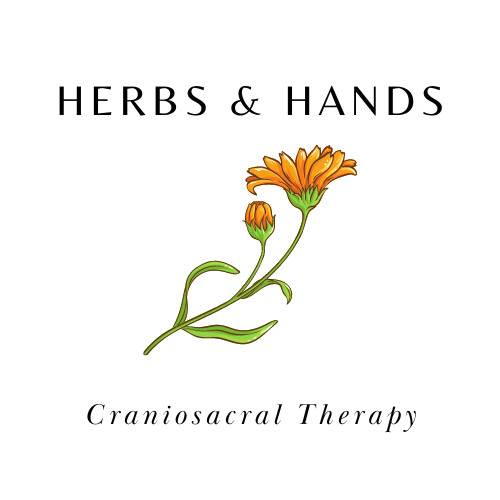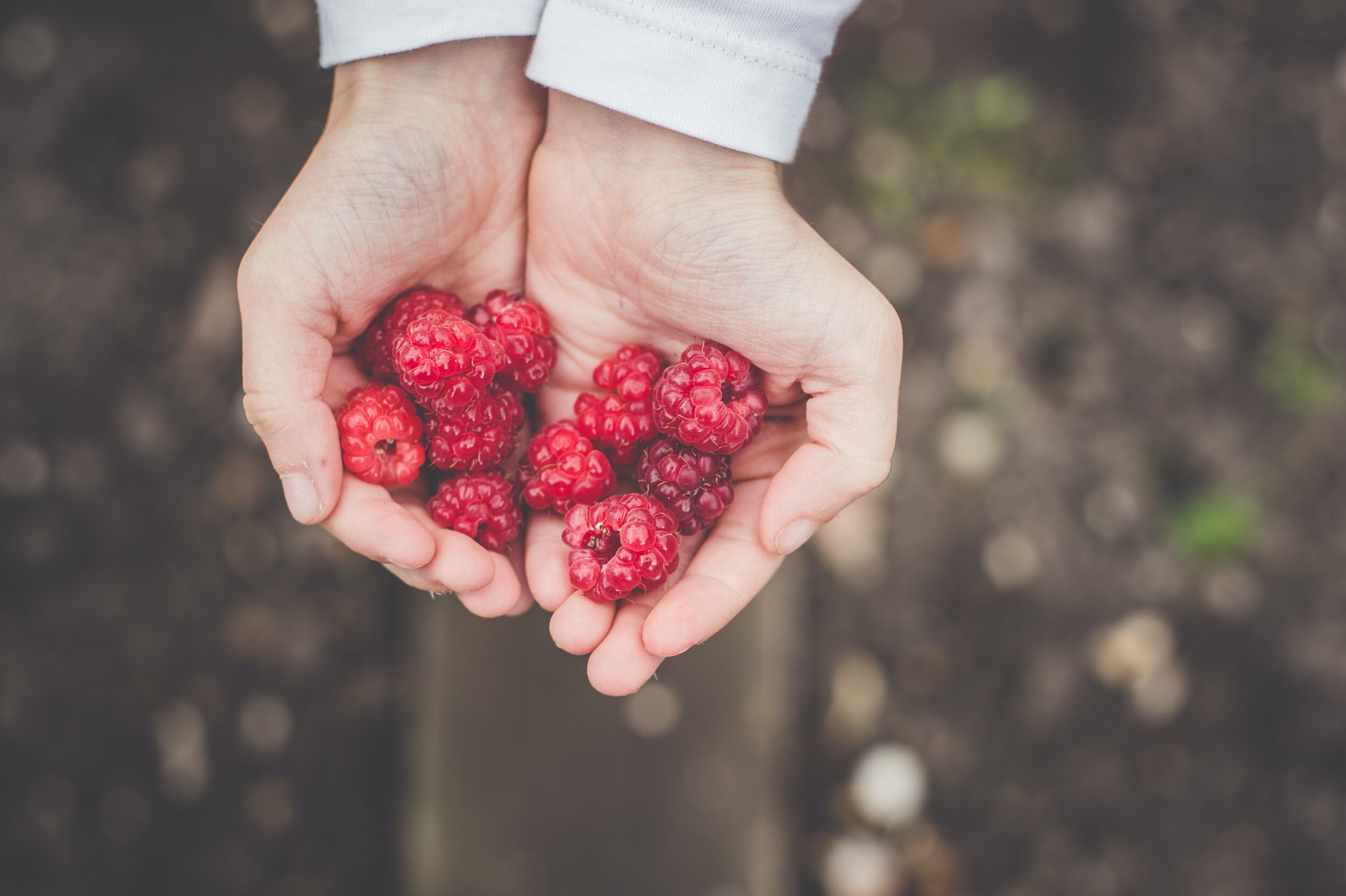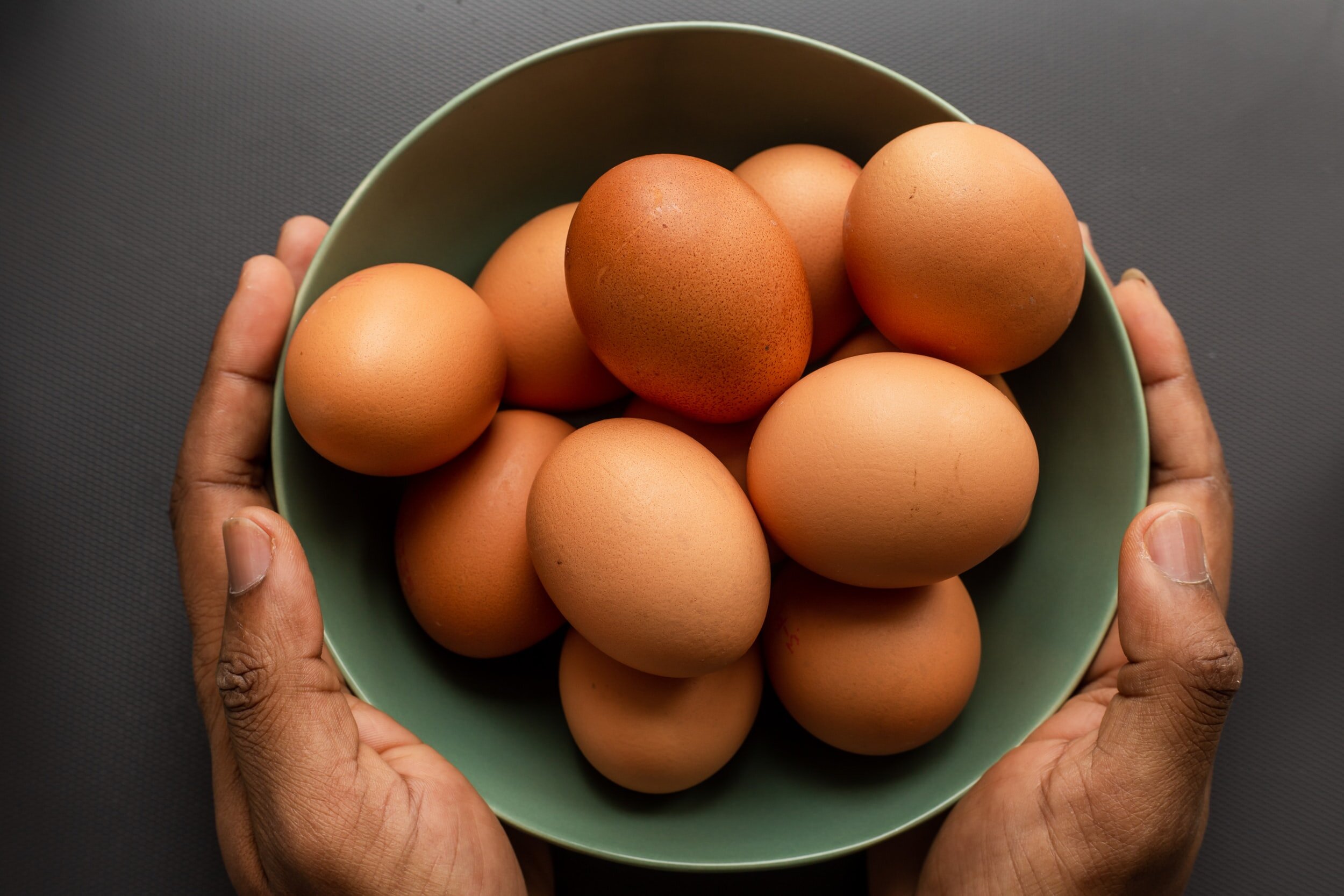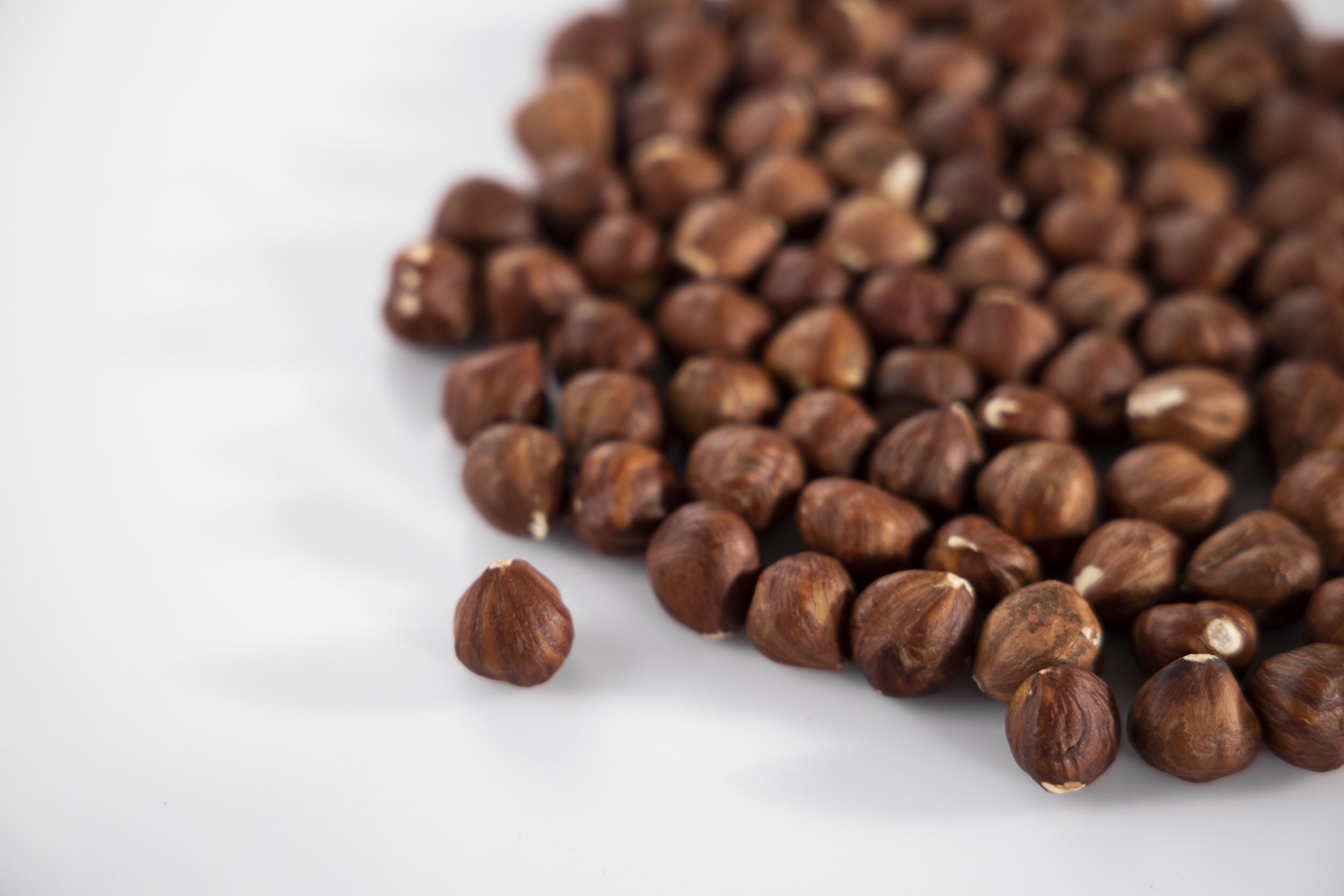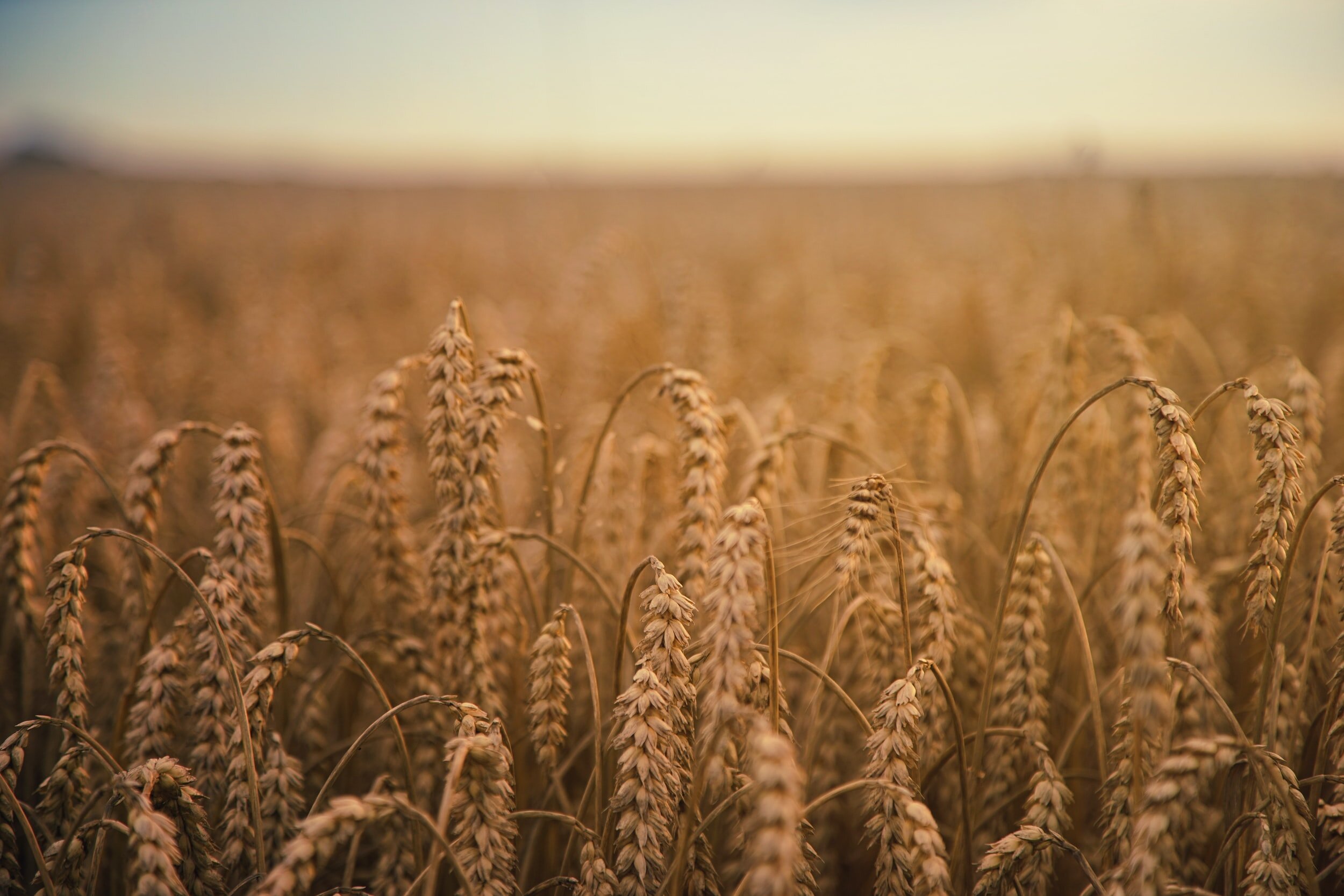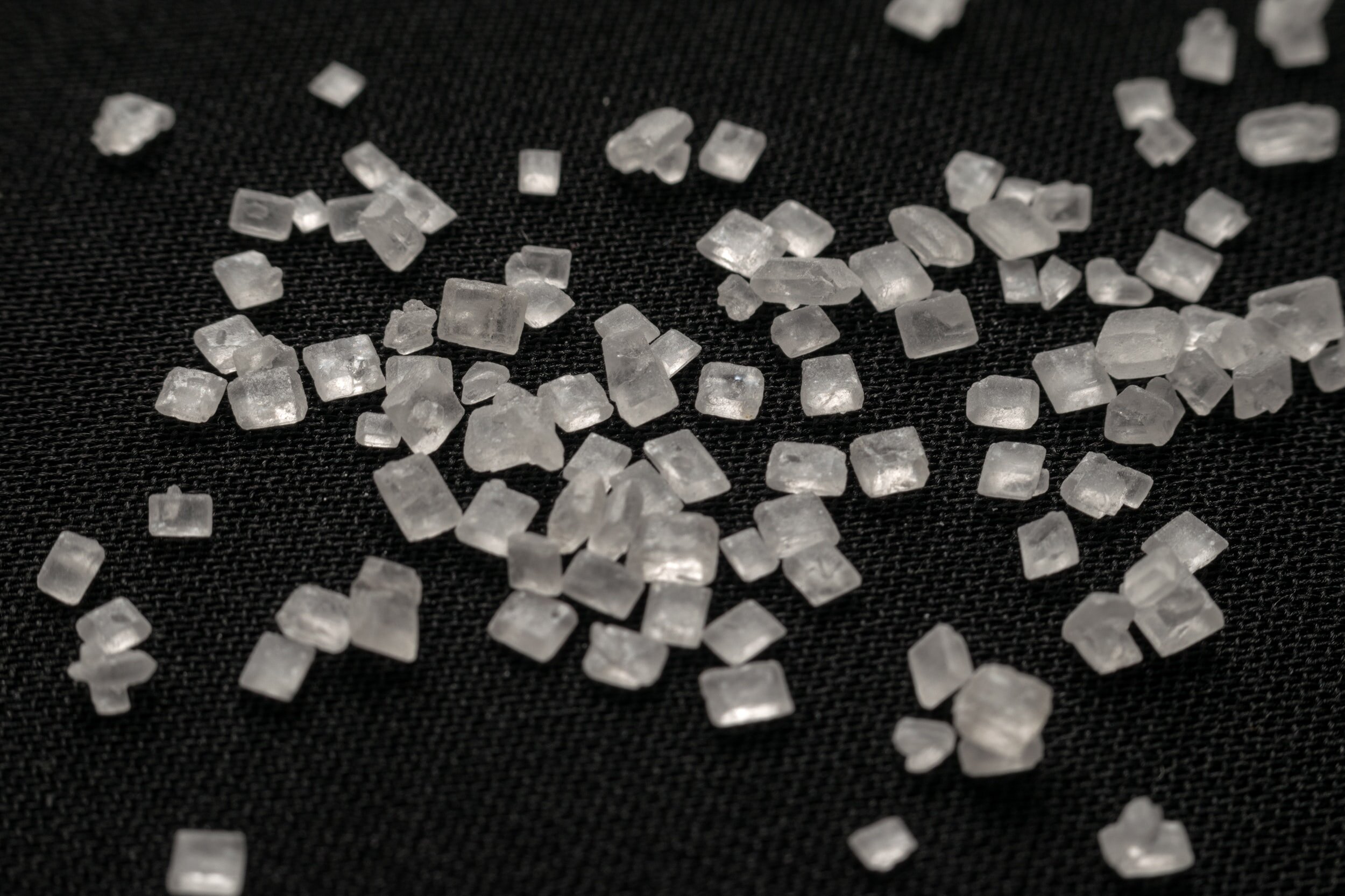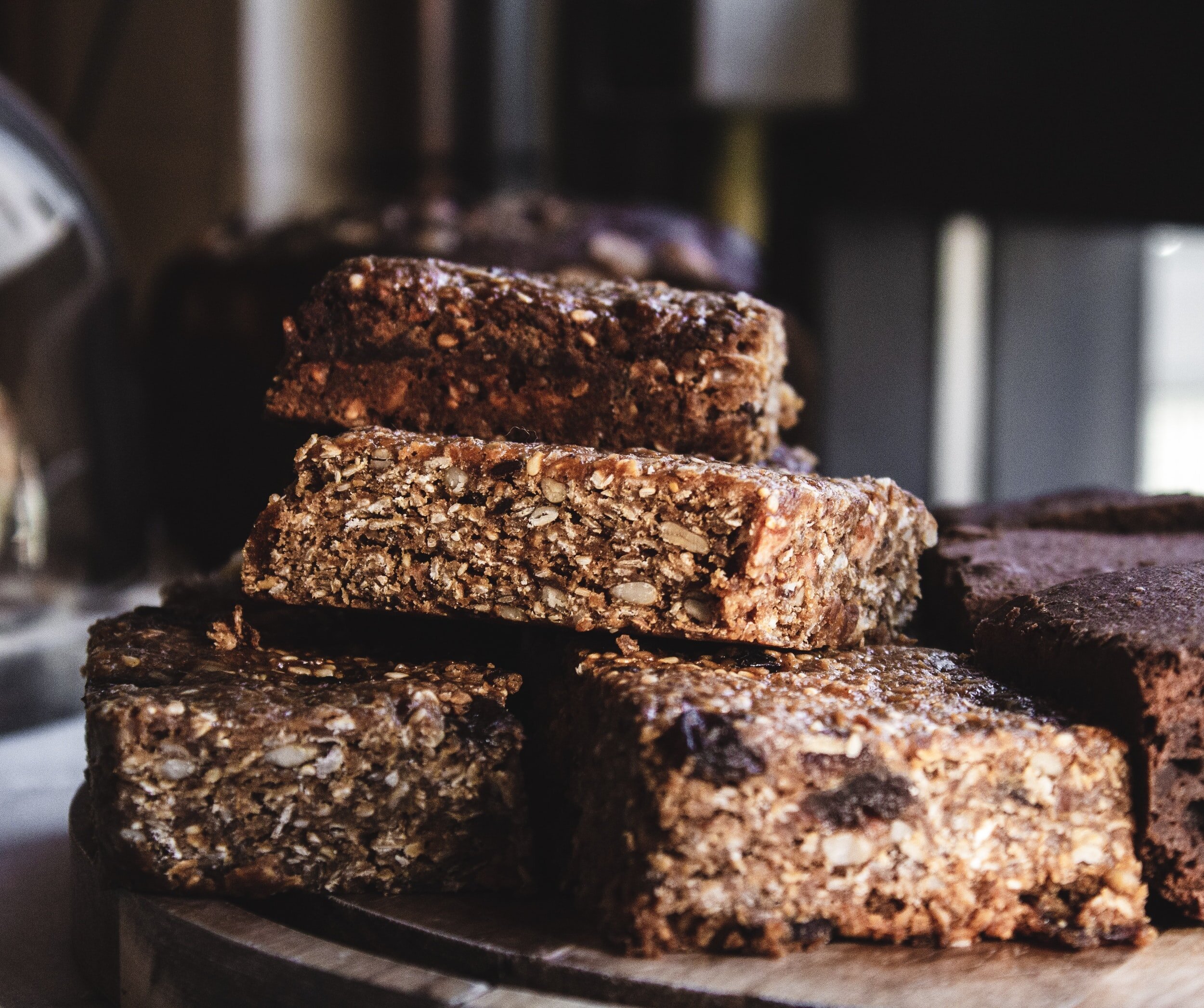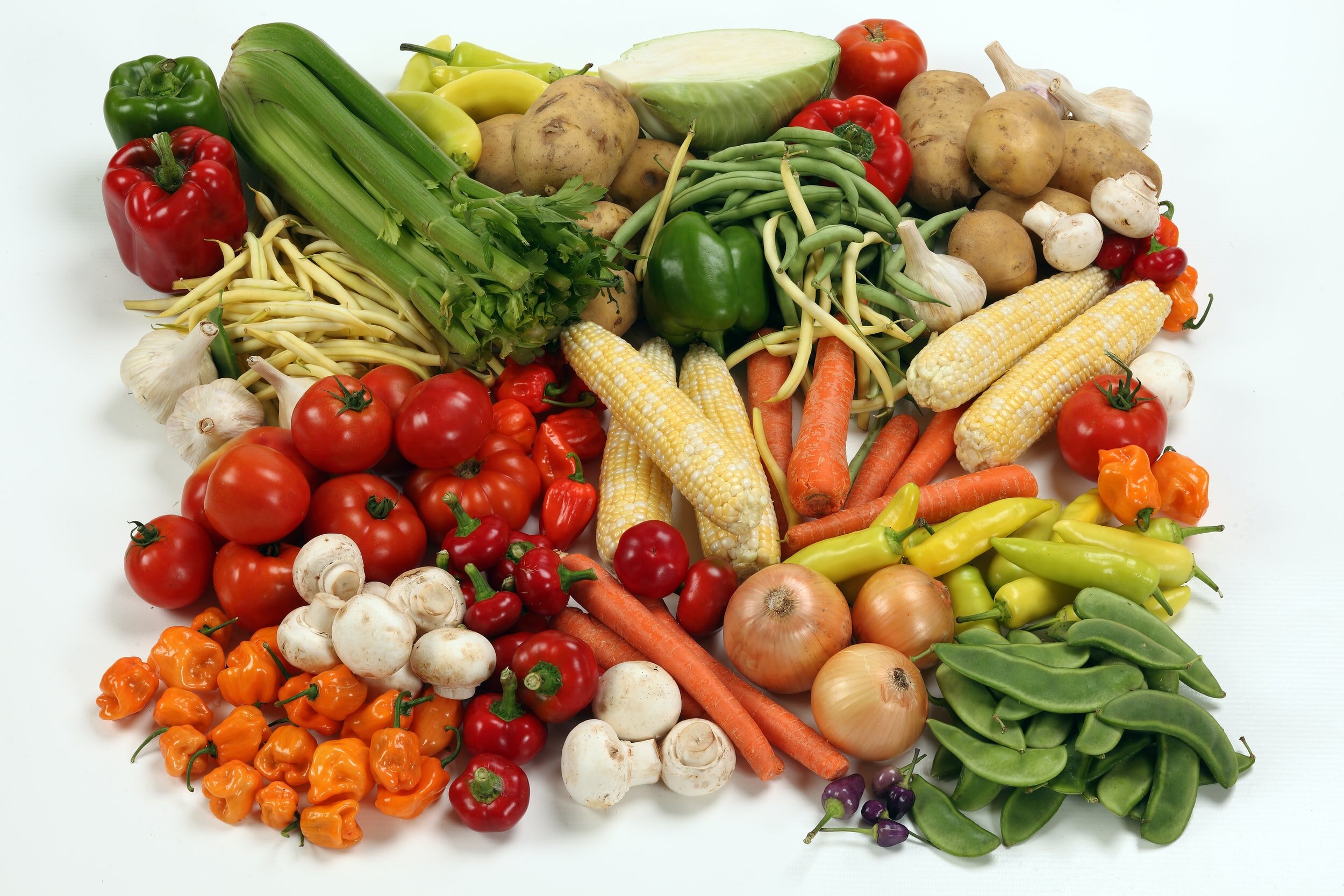
Articles by Dr. Currey
Herbs
Food
Care
Flavonoids & Health
When it comes to the health benefits of whole-foods over supplementation and the power of a plant-based diet, flavonoids are key.
Currently, there are around 600 different known flavonoids - it is by far the most diverse class of nutrients that we will discuss this year.
Choline & Health
Have you heard of this vitamin-like nutrient that is essential for human health? I admit, I must have glossed over this nutrient in my medical education, because it didn’t register on my radar other than as a supplement until a few years ago. In this week’s article, we will explore this nutrient and some of the structures and processes it is important for. We will then look at food sources and discuss supplementation.
Brassicas & Health
Brassicas? What are those? Simply put, they are plants in the mustard family; another name for them is cruciferous vegetables. There is ample diversity among this family of plants, and the part that we eat varies widely between them. They all share a dense nutrient profile making them nutritional powerhouses! Let’s explore this plant family and learn more about why they get super-star status among vegetables.
Fruit & Health
Fruit is a plant-based, whole food that just about anyone can embrace. From children to picky eaters, the sweetness of fruit holds a special place in our hearts. This is for good reason! Before the invention of global commerce and modern food science, fruit and honey when in season were once our only readily available source of concentrated sweetness.
Nuts, Seeds, & Health
When considering a whole-foods-plant-based diet, nuts and seeds are one of our most abundant sources of healthy essential fats. A small handful goes a long way to increasing your health and sustaining your energy, and they are non-perishable and easily transported convenience food.
Grains & Health
Grains: without them civilization as we know it may have never fully developed. The story of human history is tightly entwined with that of grains. From the gathering, processing, and storing of small grass seeds to the plump, full cereals of today, we and grains have grown and evolved together.
Beans & Health
This week, we are continuing our discussion of foods that are a wealth of nutrition. Last week we discussed greens, and this week we will talk about beans. Beans and greens make up the bulk of my diet and after reading these two articles, I’m sure you will see why.
These nutritional powerhouses are often overlooked. They aren’t as sexy as a big juicy steak, but pound for pound, they have a more diverse set of nutrients to offer, and are easier on your wallet and our planet!
Greens & Health
Greens are loaded with vitamins and minerals. Let’s take a deeper look at these nutritional powerhouse leaves.
Craniosacral Therapy & Health
How can craniosacral therapy do so much? Why does Dr. Currey love it so? What even is craniosacral therapy? This week, let’s dive in and explore these questions.
Water and Health
Water is essential for life. All life on this planet got its start in water.
We need clean, fresh water to live. We need it to grow our food, to support livestock and wild creatures, and to sustain our wild plants and forests. The health of our water is directly related to our own health. Thankfully, we have groups of people who are defending our water every day. We, of course, get to do our part in turn.
Alcohol and Health
Humans have had a relationship with alcohol for a very long time. That relationship has been both healthy and unhealthy. This week we will explore the relationship between alcohol and both physical and mental health. Just as with sugar, alcohol itself is not evil or bad, but an imbalanced relationship with alcohol can have life altering, or ending, consequences.
Sugar and Health
This week, we will cover added sugars and the harms they cause to our personal and societal health. The history of sugar is a tragic one that is often overlooked. By the end of this article, you will strongly wonder why U.S. tax dollars are used to subsidize this harmful crop at the expense of our health, economy, and public safety.
Fiber and Health
Fiber is an unsung hero of our health. Increasing our intake can prevent disease, treat disease, and help us maintain a healthy weight without sacrificing our appetite or our taste buds. This week, let’s discuss what fiber is, the different types of fiber, what fiber can prevent, what it can treat, and how to incorporate more fiber into our diet without uncomfortable bloating or embarrassing gas.
Carbohydrates and Health
In this week’s article, we will cover the following topics:
What are carbohydrates in general, and what are the different kinds of carbohydrates?
Why do we need carbohydrates?
How many carbs do we need?
What happens if we eat too many or too few?
What are healthy food sources of carbohydrates?
Gluten - what about gluten?
Protein and Health
This week, we will explore protein. What is protein and why do we need it? What is a complete protein? How much protein do you need? What are good food sources of protein?
Food and Inflammation - Takeaways from the 2021 Food As Medicine Symposium
This week, I summarize two great lectures on food and its role on inflammation and your health.
Fat, Nutrition, and Health
This week, we will explore the topic of fat. This group of nutrients has gotten a bad reputation in the name of unwanted weight gain and heart disease. While certain types of fat are associated with poor health outcomes, others are necessary for life. By the end of this article, my hope is that you will have a better understanding of and relationship to fat.
Organic Vs Non-Organic
Are organic products healthier? How much healthier? Are there different kinds of organic? What about those other labels, do they mean anything or are they just marketing?
My goal is to help make all of this a bit easier to understand, so you can know what you’re getting yourself into the next time you see these labels.
Nutrient Deficiencies
Vitamins and minerals are natural substances found in food that are needed for life, development, and healing. This week we will touch on the diseases that can result from severe deficiency of each of the major vitamins and minerals as well as a few additional essential nutrients.
Nutrient Depletion
Some medical situations result in nutrient loss or a higher need for nutrients. This week we will look at a handful of more common medical conditions and medications that can cause this. I’ve also included a link to a website where you can evaluate your medications to look for nutritional gaps.
- Adaptogens
- alcohol
- Allergy
- B Vitamins
- b12
- Basil
- beans
- Blood pressure
- Burdock
- Calcium
- Calendula
- California Poppy
- Carbohydrates
- Cardamom
- Chamomile
- Chocolate
- chromium
- Cinnamon
- Comfrey
- copper
- Craniosacral Therapy
- Dandelion
- Detoxification
- Digestion
- Fiber
- Fire Cider
- Flavonoids
- Flax
- Folate
- Food as Medicine
- Foundations of Health
- Fruit
- Ginger
- Greens
- Hawthorn
- Healing What Ails You
- Herbal Formulations
- Herbal Medicine
- Immune
- Index
- Inflammation
- Iodine
- Iron
- Lemon balm
- Liver
- magnesium
- Manganese
- Marshmallow
- Mental Health
- minerals
- Minerals
- Molybdenum
- Naturopathic Medicine
- Nettle
- Nettles
- Niacin
- Nootropics
- Nutrition
- Oregano
- Pain
- Parsley
- Peppermint
- Philosophy of Care
- Potassium
- Poultice
- Protein
- Recipe
- Recipes
- Riboflavin
- Rose
- Rosemary
- Sage
- Seed Cycling
- Selenium
- Skin
- Sleep
- Sodium
- Sunshine
- Supplements
- Thiamin
- Thyme
- Thyroid
- Turmeric
- Vitamin A
- Vitamin D
- Vitamin E
- Vitamin K
- water
- Whole Grains
- Zinc
